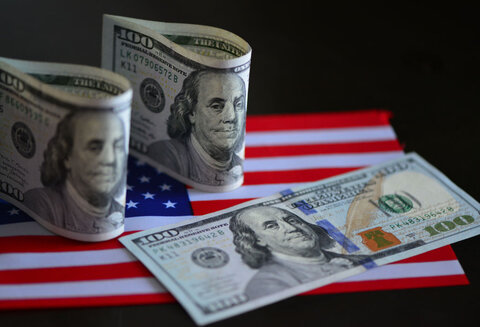
Jeffrey Miron
A standard assumption about elected officials is that they act in the best interests of their constituents. Perhaps that is true in some cases, but more generally they seem motivated by self-interest:
In response to the COVID-19 pandemic, the US government transferred nearly $1 trillion in aid to state and local governments—the largest influx of federal money in response to a public health or financial crisis in history. The goal was to stabilize the economy while providing states with the necessary resources to address the public health crisis.
However, our research finds that this aid had another effect: increasing the electoral chances of incumbent politicians. Nationwide, incumbents and their parties won 90 percent of gubernatorial and Senate elections during the pandemic, a substantial improvement from their 81 percent win rate in the years leading up to the pandemic.
This result does not, by itself, prove the pandemic payouts were a mistake. It does, however, suggest the amounts were excessive, and not well-aligned to their best uses.
This article appeared on Substack on September 18, 2024.






